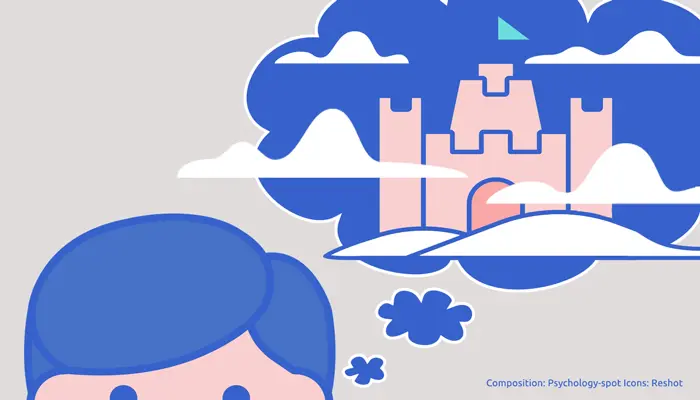
While psychologists are struggling to understand what the role and meaning of dreams are, the rest of the people seem to have solved the mystery: they are convinced that dreams contain essential truths. But … why do people from such diverse cultures assume Freud’s psychoanalytic theories in relation to their dreams? Can a dream determine our decisions and behaviors?
Scientists from Harvard University and Carnegie Mellon surveyed a total of 1,100 people from the United States, India, and South Korea to discover their interpretation of their dreams and to analyze whether they influenced their decisions.
Respondents believed that dreams reveal hidden truths about themselves and the world around them, they are considered a form of insight. On the other hand, people acknowledged that they did not take an official warning about the possible danger when boarding a plane as seriously as they did when they dreamed of an air disaster.
In the last case, 100% of people would not take the airplane. As a curious fact, I add that: dreaming of a plane crash produces the same anxiety as if it really happened. In short, people tend to consider dreams as a more powerful source of information than conscious thought.
Finally, the researchers wondered if all dreams were equally significant. Results? Respondents attributed greater importance to pleasant dreams when people they loved were involved; however, unpleasant dreams with people they did not value acquired more meaning. As you can imagine, from these dream experiences the relationships with the people in question vary substantially, becoming closer or farther away.
What happens to unrealizable or bizarre dreams?
It turns out that people also attribute meaning to these dreams because although they understand that they can never be fulfilled to the letter, their desire for interpretation leads them to find meanings where there are none.
In other words, we attribute meanings to our dreams based on our beliefs and desires. This is how we create self-fulfilling prophecies following Thomas’ Theorem: “Think that a fact is true and will be real in its consequences.”
One last word to give peace of mind: dreams represent our daytime fears, concerns and beliefs; on very few occasions do they represent warnings for the future. There are even studies that claim that people have more nightmares when under stress. Let’s remember these details the next time we try to search for the meanings of dreams.
Source:
Morewedge, C. K. & Norton, M. I. (2009) When Dreaming Is Believing: The
(Motivated) Interpretation of Dreams. Journal of Personality and Social Psychology,
96(2): 249-264.



